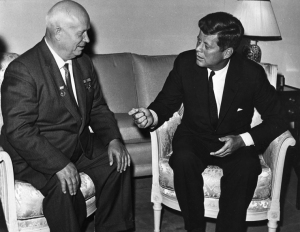
Lately I’ve been trying to figure out the where the line is for free speech in the editorial sections of nonprofit news organizations. I know they can’t endorse political candidates lest they lose their nonprofit status, the result of a law rammed through the Senate by Lyndon Johnson back in the 1950s. And a few people have told me that nonprofits can’t endorse specific legislation, either.
But what else? When Ellen Clegg and I asked Art Cullen, editor of Iowa’s Storm Lake Times, on the “What Works” podcast if he’d considered taking the Times nonprofit, he said he hadn’t because he was afraid he wouldn’t be able to write editorials. Cullen won the Pulitzer Prize for editorial writing in 2017.
Well, here’s a concrete example. The Salt Lake Tribune — the first major daily newspaper in the U.S. to become a nonprofit — recently ran a tough editorial holding state leaders to account for their failures in responding to COVID-19. It began:
That wan fluttering noise you hear coming from the direction of the Capitol building is the sound of the state of Utah waving the white flag of surrender in the battle against the COVID-19 pandemic.
It’s tragic. It’s disgraceful. And there is lots of blame to go around.
Naturally, the editorial led to death threats, as Erik Wemple reports in The Washington Post. Although the threats came after Fox News host Sean Hannity denounced the Tribune for advocating vaccine mandates, what Hannity said, in Wemple’s recounting, wasn’t even remotely a call for violence or threats. It’s just America in 2022.
The death threats notwithstanding, the Tribune’s editorial is an indication that nonprofits can in fact take a strong editorial stand on matters of public interest, including governmental actions, without risking their tax-exempt status. They should be able to endorse candidates and advocate for legislation if they so choose. But at least they are not entirely prohibited from exercising their freedom of speech.




